Why Arabic? Why this specific tongue out of all the languages of humanity? Did you know that variations of the root ع ر ب related to ‘Arab’ or ‘Arabic’ (عَرَبِيّ – ‘Arabiyyun’ or عَرَبِيًّا – ‘Arabiyyan’) appear 11 times in the Quran? The Quran states its revelation in Arabic for profound reasons.
Let us explore together some of these Quranic quotes on Arabic language as the language of the Quran.
1. A Quranic Quote Highlighting the Arabic Language’s Role
One of the most direct verses linking the Arabic language to comprehension appears early in Surah Yusuf. Allah (SWT) tells us why He revealed the Quran in Arabic:
“إِنَّآ أَنزَلۡنَٰهُ قُرۡءَٰنًا عَرَبِيّٗا لَّعَلَّكُمۡ تَعۡقِلُونَ”
“Innaa anzalnaahu Qur’aanan ‘Arabiyyal la’allakum ta’qiloon”
“Indeed, We have sent it down as an Arabic Qur’an that you might understand.” (Surah Yusuf 12:2)
Notice the word used here: ta’qilun (تَعۡقِلُونَ). This isn’t just about basic hearing or reading; it comes from the root ‘aql (عقل), which signifies intellect, reason, and deep understanding.
Grasping this nuance truly deepens when you start on learning Quranic Arabic, connecting heart and mind – a journey we’re honoured to facilitate at Quranica’s Quranic Arabic Course with dedicated native tutors.

2. A Quranic Quote on the Purposeful Arabic Revelation
In Surah Taha, Allah (SWT) again highlights the Quran’s Arabic nature, linking it directly to its purpose of conveying warnings and awakening remembrance in the hearts of humankind:
“وَكَذَٰلِكَ أَنزَلْنَٰهُ قُرْءَانًا عَرَبِيًّا وَصَرَّفْنَا فِيهِ مِنَ ٱلْوَعِيدِ لَعَلَّهُمْ يَتَّقُونَ أَوْ يُحْدِثُ لَهُمْ ذِكْرًا”
Wa kazaalika anzalnaahu Qur’aanan ‘Arabiyyanw wa sarrafnaa feehi minal wa’eedi la’allahum yattaqoona aw yuhdisu lahum zikraa
“And thus We have sent it down as an Arabic Qur’an and have diversified therein the warnings that perhaps they will avoid [sin] or it would cause them remembrance.” (Surah Taha 20:113)
Observe the connection here: “Thus We have sent it down as an Arabic Qur’an…” and “…diversified therein the warnings…”. The goal? Again, la’allahum yattaqun (لَعَلَّهُمْ يَتَّقُونَ) – that they might attain Taqwa (piety), or, aw yuhdithu lahum dhikra (أَوْ يُحْدِثُ لَهُمْ ذِكْرًا) – that it might cause them Dhikr (remembrance).
3. A Quranic Verse About the Arabic Language’s Eloquence
The Quran describes itself as ‘Mubin’ (clear, manifest). This clarity is directly linked to its Arabic nature in Surah Ash-Shu’ara, describing the language in which the revelation descended:
“بِلِسَانٍ عَرَبِيٍّ مُّبِينٍ”
“Bilisaanin ‘Arabiyyim mubeen”
“In a clear Arabic language.” (Surah Ash-Shu’ara 26:195)
Here, the word lisan (لِسَان) means tongue, but signifies language or dialect.
And mubin (مُّبِين)? It’s a word brimming with meaning! It signifies something that is not only clear and easy to understand but also eloquent, distinct, and makes things evident.
The Arabic of the Quran is inherently clear and clarifying. This clarity shines brightest when recited with proper Tajweed, allowing the meaning to flow – something our specialized Learn Quran with Tajweed courses focus intently on, helping you articulate the divine words beautifully.
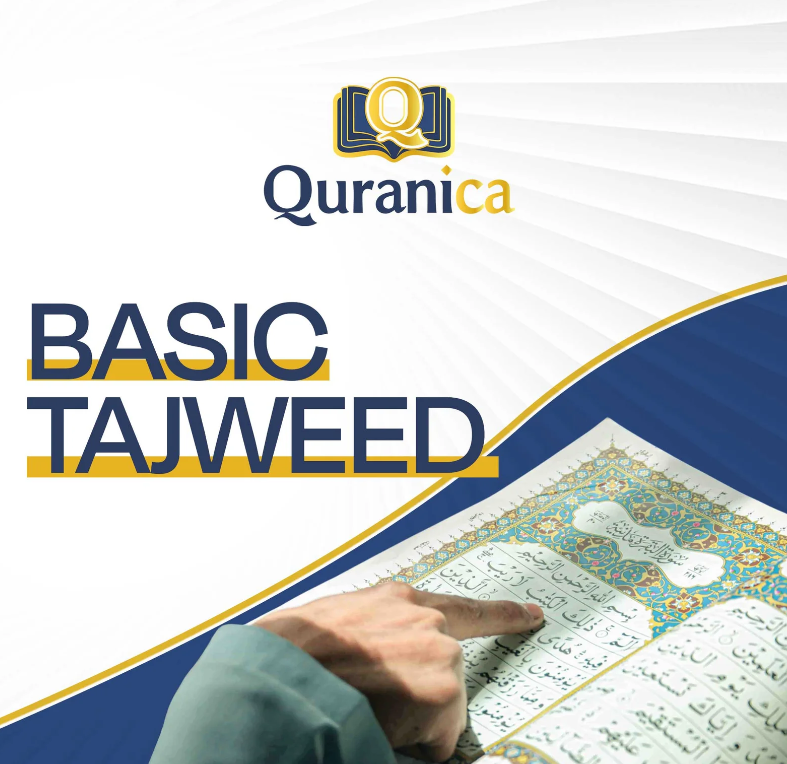
4. A Quranic Quote on the Arabic Quran for Seekers of Knowledge
In Surah Fussilat, Allah highlights that the detailed explanations within the Quran are presented in Arabic specifically for those who possess knowledge or seek it:
“كِتَٰبٌ فُصِّلَتْ ءَايَٰتُهُۥ قُرْءَانًا عَرَبِيًّا لِّقَوْمٍۢ يَعْلَمُونَ”
“Kitaabun fussilat Aayaatuhuu Qur’aanan ‘Arabiyyal liqawminy ya’lamoon”
“A Book whose verses have been detailed, an Arabic Qur’an for a people who know.” (Surah Fussilat 41:3)
The word fussilat (فُصِّلَتْ) means detailed, explained clearly, or elaborated upon. The intricate details, the nuances, the depth of meaning – all are laid out in this clear Arabic text.
5. A Quranic Quote Defending the Eloquent Arabic Tongue
In Surah An-Nahl, Allah (SWT) addresses the false claims of detractors who suggested the Prophet (peace be upon him) was taught by a non-Arab. Allah refutes this by contrasting the clarity of the Quran’s Arabic with the obscurity attributed to the supposed foreign source:
“لِّسَانُ ٱلَّذِى يُلْحِدُونَ إِلَيْهِ أَعْجَمِىٌّ وَهَٰذَا لِسَانٌ عَرَبِىٌّ مُّبِينٌ”
“lisaanul lazee yulhidoona ilaihi a’jamiyyunw wa haazaa lisaanun ‘arabiyyum mubeen”
“The tongue of the one they refer to is foreign, and this Qur’an is [in] a clear Arabic language.” (Surah An-Nahl 16:103)
The disbelievers tried to discredit the divine origin of the Quran by pointing to a non-Arab individual the Prophet (PBUH) knew.
Allah’s response is decisive. He points out that the language of the person they hint at is a’jamiyy (أَعْجَمِىٌّ) – foreign, non-Arabic, unclear, or lacking eloquence in this context. In stark contrast, “this” (referring to the Quran) is lisanun ‘arabiyyun mubin (لِسَانٌ عَرَبِىٌّ مُّبِينٌ) – a tongue that is Arabic, and inherently clear, eloquent, and self-explanatory.
The argument is simple: how could something as eloquent and clear as the Quran originate from someone whose native tongue is a’jamiyy?
Read more about: Quranic Verses: 20 Beautiful And Powerful Quranic Quotes in Arabic and English
6. A Quranic Verse on Arabic Quran as Confirmation and Guidance
Surah Al-Ahqaf presents the Quran not only as a warning and good news but also as a confirmation of previous divine messages, specifically highlighting its Arabic medium in this context:
“…وَهَٰذَا كِتَابٌ مُصَدِّقٌ لِسَانًا عَرَبِيًّا لِيُنْذِرَ الَّذِينَ ظَلَمُوا وَبُشْرَى لِلْمُحْسِنِينَ”
“…wa haazaa Kitaabum musaddiqul lisaanan ‘Arabiyyal liyunziral lazeena zalamoo wa bushraa lilmuhsineen”
“…And this is a confirming Book in an Arabic language to warn those who have wronged and as good tidings for the doers of good.” (Surah Al-Ahqaf 46:12)
Here, the Quran is described as “Kitaabum musaddiq” (كِتَابٌ مُصَدِّقٌ), a Book that confirms the truth found in earlier revelations. Significantly, this confirmation is delivered “lisaanan ‘Arabiyya” (لِسَانًا عَرَبِيًّا), in an Arabic language.
7. Another Mention of the Quran being Arabic in a Verse
A Quranic Verse on the Arabic Quran’s Straightforwardness Surah Az-Zumar offers another profound description of the Quran:
“قُرْءَانًا عَرَبِيًّا غَيْرَ ذِى عِوَجٍۢ لَّعَلَّهُمْ يَتَّقُونَ”
“Qur-aanan ‘Arabiyyan ghaira zee ‘iwajil la’allahum yattaqoon”
“An Arabic Qur’an, without any crookedness, that they might become righteous [fear Allah/attain Taqwa].” (Surah Az-Zumar 39:28)
The description “Qur’aanan ‘Arabiyyan” (قُرْءَانًا عَرَبِيًّا) – an Arabic Quran – is immediately qualified by “ghaira zee ‘iwaj” (غَيْرَ ذِى عِوَجٍۢ). The term ‘iwaj (عِوَج) signifies crookedness, deviation, ambiguity, or distortion. Its negation here emphasizes the Quran’s absolute straightforwardness, clarity, internal consistency, and freedom from any misleading complexities.
Read more about: Quranic Verses on Hajj In Arabic & English
8. Another reference to the Arabic nature of the Quran in a verse
In Surah Az-Zukhruf, Allah (SWT) connects the Quran’s Arabic form not only to comprehension but also to its sublime source, emphasizing its high status:
“وَٱلْكِتَٰبِ ٱلْمُبِينِ إِنَّا جَعَلْنَٰهُ قُرْءَانًا عَرَبِيًّا لَّعَلَّكُمْ تَعْقِلُونَ وَإِنَّهُۥ فِىٓ أُمِّ ٱلْكِتَٰبِ لَدَيْنَا لَعَلِىٌّ حَكِيمٌ”
“Wal Kitaabil Mubeen. Innaa ja’alnaahu Qur’aanan ‘Arabiyyal la’allakum ta’qiloon. Wa innahoo feee Ummil Kitaabi Ladainaa la’aliyyun Hakeem”
“By the clear Book. Indeed, We have made it an Arabic Qur’an that you might understand. And indeed it is, in the Mother of the Book with Us, exalted and full of wisdom.” (Surah Az-Zukhruf 43:2-4)
(إِنَّا جَعَلْنَٰهُ قُرْءَانًا عَرَبِيًّا لَّعَلَّكُمْ تَعْقِلُونَ), again linking the Arabic language choice (‘Arabiyyan) to the faculty of reason (ta’qiloon).
9. Another Reference to the Arabic Nature of the Quran in a Verse
Surah Ash-Shura links the Arabic Quran directly to the Prophet’s (PBUH) immediate mission to warn his community:
“وَكَذَٰلِكَ أَوْحَيْنَا إِلَيْكَ قُرْآنًا عَرَبِيًّا لِّتُنذِرَ أُمَّ ٱلْقُرَىٰ وَمَنْ حَوْلَهَا وَتُنذِرَ يَوْمَ ٱلْجَمْعِ لَا رَيْبَ فِيهِ ۚ فَرِيقٌ فِى ٱلْجَنَّةِ وَفَرِيقٌ فِى ٱلسَّعِيرِ”
“Wa kazaalika awhainaaa ilaika Qur-aanan ‘Arabiyyal litunzira Ummal Quraa wa man hawlahaa wa tunzira Yawmal Jam’i laa raiba feeh; fareequn fil jannati wa fareequn fis sa’eer”
“And thus We have revealed to you an Arabic Qur’an that you may warn the Mother of Cities [Makkah] and those around it and warn of the Day of Assembly, about which there is no doubt. A party will be in Paradise and a party in the Blaze.” (Surah Ash-Shura 42:7)
Here, the revelation of an “Arabic Qur’an” (قُرْآنًا عَرَبِيًّا) is explicitly tied to the function of warning – “that you may warn” (لِّتُنذِرَ).
10. A Quranic Verse Addressing the Hypothetical Non-Arabic Revelation
In Surah Fussilat, Allah (SWT) further underscores the wisdom behind revealing the Quran in Arabic by presenting the logical objections that would have arisen had it been revealed in a foreign tongue to the Arab Prophet (PBUH):
“وَلَوْ جَعَلْنَٰهُ قُرْءَانًا أَعْجَمِيًّا لَّقَالُوا۟ لَوْلَا فُصِّلَتْ ءَايَٰتُهُۥٓ ۖ ءَا۬عْجَمِىٌّ وَعَرَبِىٌّ ۗ قُلْ هُوَ لِلَّذِينَ ءَامَنُوا۟ هُدًى وَشِفَآءٌ ۖ وَٱلَّذِينَ لَا يُؤْمِنُونَ فِىٓ ءَاذَانِهِمْ وَقْرٌ وَهُوَ عَلَيْهِمْ عَمًى ۚ أُو۟لَٰٓئِكَ يُنَادَوْنَ مِن مَّكَانٍۭ بَعِيدٍ”
“Wa law ja’alnaahu Qur’aanan A’jamiyyal laqaaloo law laa fussilat Aayaatuhoo ‘a-A’jamiyyunw wa ‘Arabiyy. Qul huwa lillazeena aamanoo hudanw wa shifaaa’; wallazeena laa yu’minoona feee aazaanihim waqrunw wa huwa ‘alaihim ‘amaa; ulaaa’ika yunaadawna mim makaanim ba’eed”
“And if We had made it a non-Arabic Qur’an, they would have said, ‘Why are its verses not explained in detail [in our language]?’ What? A foreign [scripture] and an Arab [messenger]? Say, ‘It is, for those who believe, guidance and healing.’ But as for those who do not believe, there is deafness in their ears, and it is blindness for them. They are being called from a distant place.” (Surah Fussilat 41:44)
Their protest would culminate in the rhetorical question highlighting the mismatch: “‘a-A’jamiyyunw wa ‘Arabiyy?” (ءَا۬عْجَمِىٌّ وَعَرَبِىٌّ) – “A foreign [book] and an Arab [Prophet]?” This points out the apparent lack of wisdom they would perceive in sending a scripture in a language foreign to its messenger and initial recipients.
Start Learning Quranic Arabic with Quranica
As Arab teachers, many educated at the esteemed Al-Azhar University, we have dedicated our lives to the Quran and its sciences.
That’s why our teachers are not just qualified; they are:
- Native Arab Speakers: Ensuring authentic pronunciation and understanding.
- Azhar-Educated: Grounded in centuries of esteemed Islamic scholarship.
- Experienced: Skilled in teaching Quran and Arabic specifically to non-Arab students like you.
- Ijazah Holders: Certified with an unbroken chain of transmission to teach the Quran.
- All this, offered with competitive pricing to make this noble pursuit accessible.
Whether you wish to start with our Learn General Arabic Online Course, dive into Quranic Arabic, perfect your Quran Tajweed, or even start the path of Hifz (Memorization), we are here at Quranica to support you.
Start Learning Now
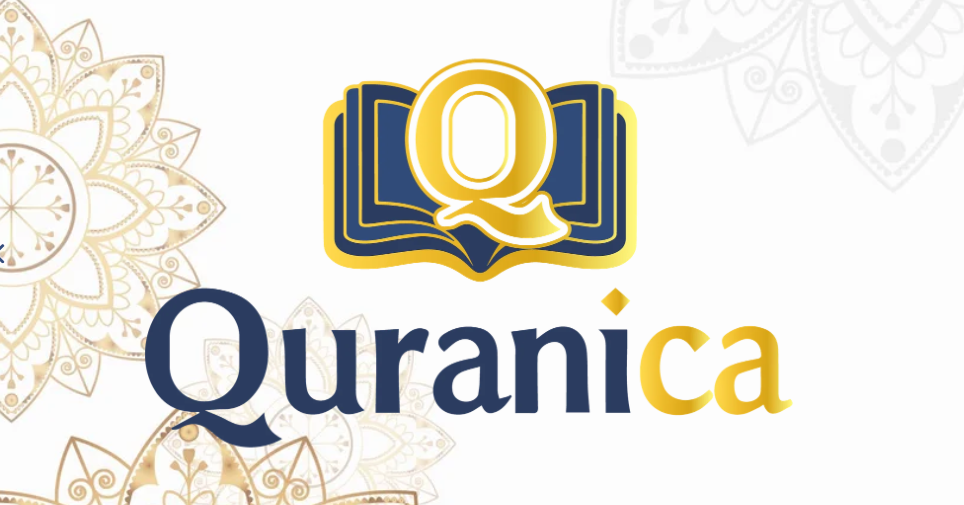
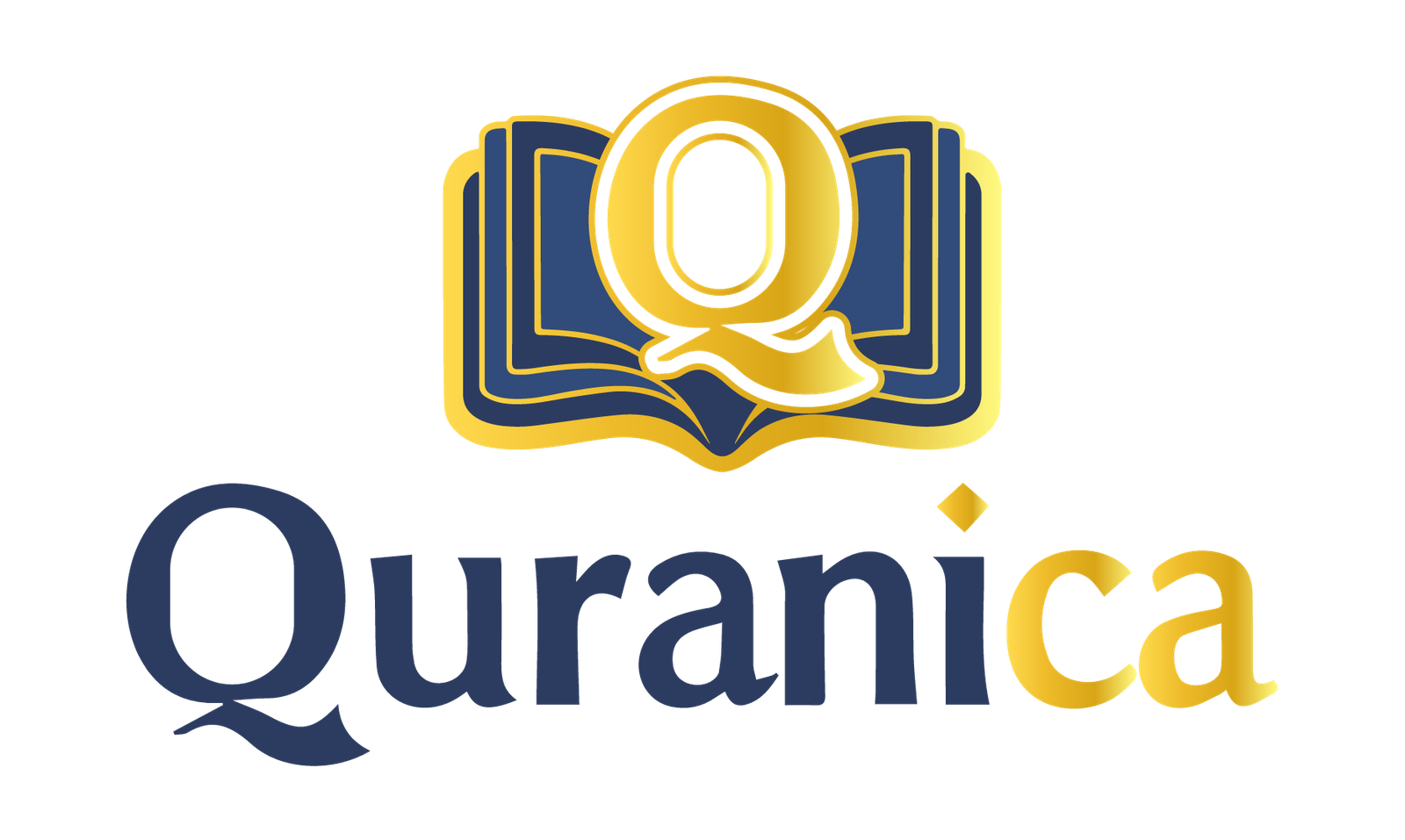
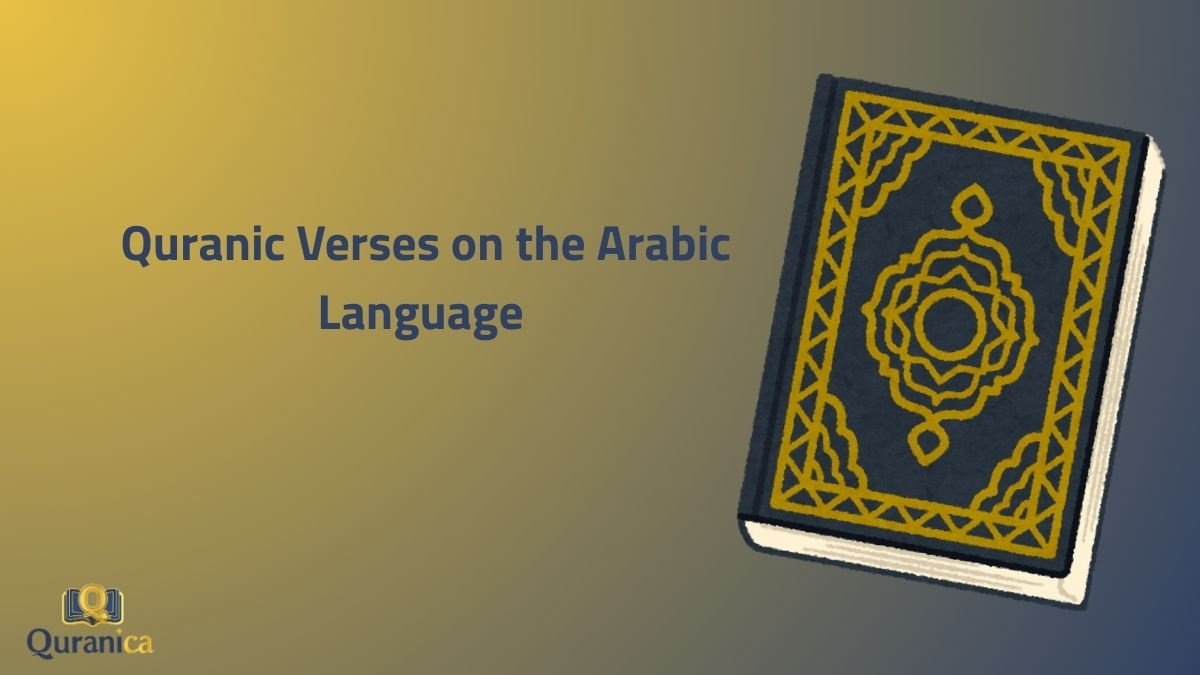





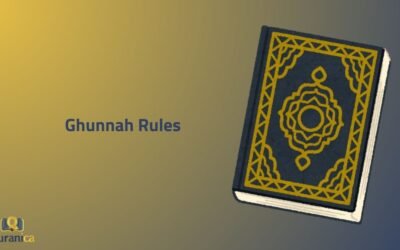
0 Comments